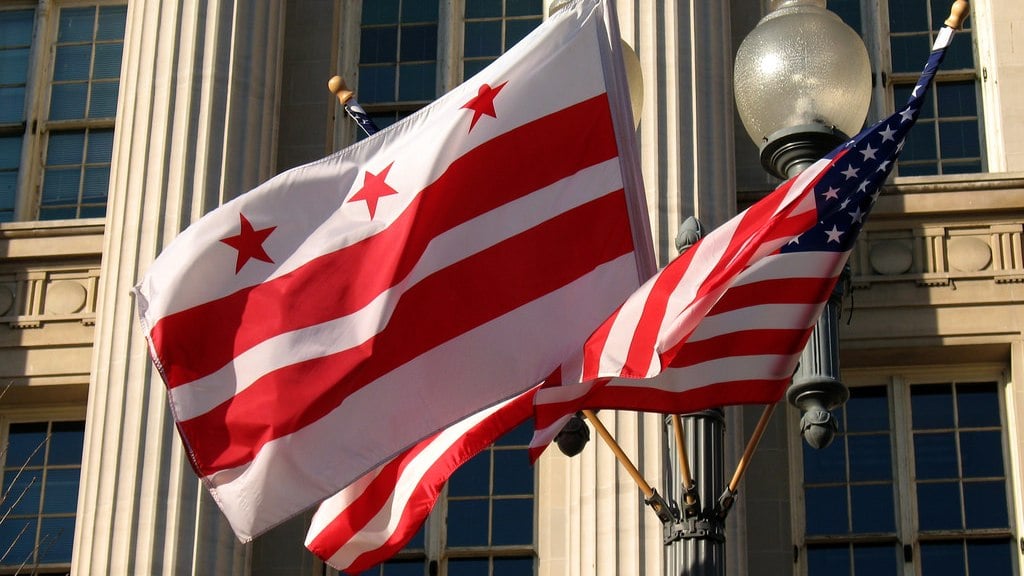Last week, the House of Representatives voted to block two bills passed by the DC Council. Mayor Muriel Bowser and DC’s “shadow senator” Michael D. Brown refused to intervene because they didn’t support either of the bills. Instead, they blamed the DC Council—and were swiftly called out for not standing up to the Republican-led Congress and for failing to fight for the rights of DC residents. Which got us wondering: what exactly does a shadow senator do? Here’s what to know:
What is a shadow senator?
Shadow senators and representatives are unpaid elected officials who cannot vote in Congress. Historically, the term “shadow” has referred to elected officials who went to Congress to push for their states’s admission into the union, such as Tennessee, California, and Alaska. Once the state was admitted, the figures would become part of Congress. DC elected its first shadow senators—Jesse Jackson and Florence Pendleton—in 1990. In addition to the District, US territory Puerto Rico also has a shadow delegation.
Today, DC’s shadow delegation consists of two senators and one representative. While Congresswoman Eleanor Holmes Norton, DC’s delegate in the House, can speak on the House floor and serve on committees, the shadow senators and representative can’t do either. The shadow delegation’s primary purpose is to lobby for the interests of DC residents.
Who is a member of DC’s current shadow delegation?
Washington’s current shadow senators are Paul Strauss, who has served since 1997, and Michael D. Brown, formerly the owner of a direct mail firm, who has served since 2007. The shadow representative is Oye Owolewa, who entered office in 2021.
Why is Brown in the news now?
The DC Council passed two bills—one that would allow non-citizens to vote in local elections, and another that would update DC’s criminal code—and sent them to the House of Representatives. (Once the DC Council passes an act, it must send it to the House of Representatives and the Senate for a period of 30 days, during which either body can vote to overturn the act.)
Last week, House Republicans introduced disapproval resolutions for both bills. In response, Brown blamed the DC Council, telling Axios’s Cuneyt Dil, “the City Council in the District of Columbia acts like a petulant child.” Now, some people are expressing frustration that Brown is allowing Congress to interfere with local law, despite his responsibility to advocate for DC statehood.
What happens next?
The senate now has the chance to overturn the measures passed by the DC Council. It would take a 51-vote majority to pass a Resolution of Disapproval for the bills, which would mean Republicans would have to flip two Democrats. Some, such as Senator Bill Hagerty from Tennessee, are confident the Republicans will be able to do it. If the resolutions pass, the bill would go to Joe Biden’s desk. The White House has expressed its opposition to the resolutions, but hasn’t made it clear they would veto them. If the resolutions don’t pass the Senate before the 30 day period, the acts will automatically become law.



















